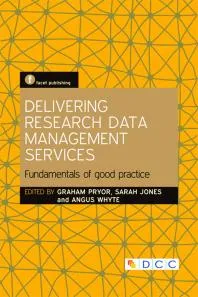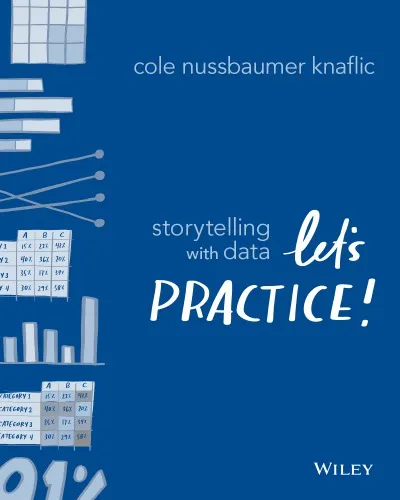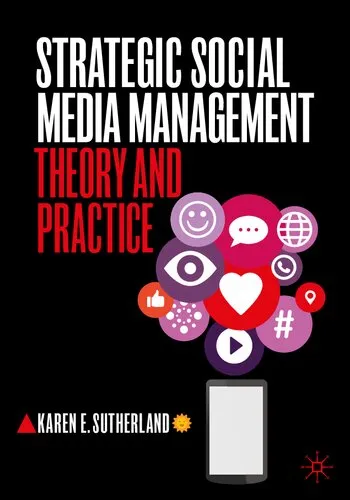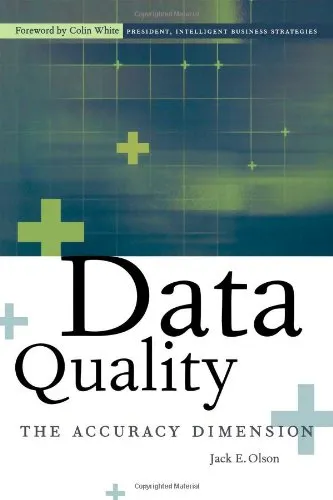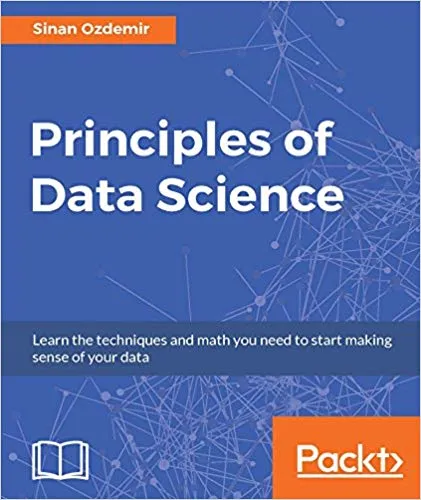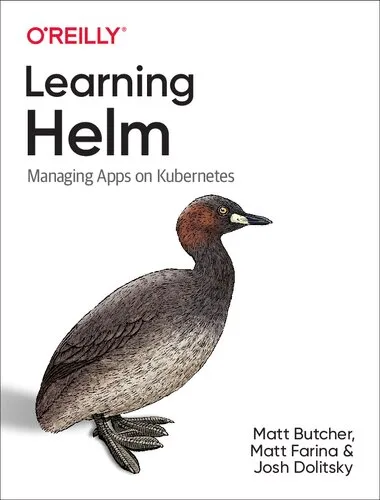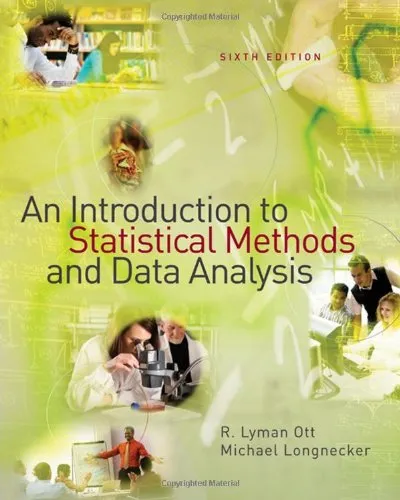Delivering Research Data Management Services : Fundamentals of good practice
4.5
Reviews from our users

You Can Ask your questions from this book's AI after Login
Each download or ask from book AI costs 2 points. To earn more free points, please visit the Points Guide Page and complete some valuable actions.Related Refrences:
Introduction
Research Data Management (RDM) has emerged as a critical aspect of scholarly work in academia and professional research environments. The book "Delivering Research Data Management Services: Fundamentals of Good Practice", authored by Graham Pryor, Sarah Jones, and Angus Whyte, provides a comprehensive guide to understanding RDM and delivering effective services in research institutions, libraries, and organizations. This book is an essential resource for professionals and stakeholders involved in research ecosystems who wish to establish or enhance their RDM services.
Addressing the increasing demands for proper data management due to institutional, funder, and journal requirements, the book emphasizes the importance of supporting researchers throughout the lifecycle of their data. With a strong focus on practical implementation, policy creation, infrastructure setup, and service delivery, the authors bring insights based on decades of experience in academic data management and library science. Rich in case studies, strategies, and actionable advice, this book empowers readers to create robust RDM frameworks that address diverse needs while ensuring sustainability and compliance.
Whether you are an information professional, a librarian, a research manager, or a policymaker, this book offers vital guidance to navigate the complexities of managing research data effectively.
Summary of the Book
The book is structured to walk readers through every stage of delivering RDM services, starting from understanding why data management matters to implementing specialized services tailored to institutional goals. Covering critical topics like data policies, infrastructure development, stakeholder engagement, and training provision, the authors provide a detailed roadmap to building sustainable RDM practices.
Key aspects discussed include:
- Understanding the research data lifecycle and its implications for service development.
- The importance of creating data policies that align with institutional missions.
- Adapting RDM services to meet funder mandates and legal ethical requirements.
- Necessary technological infrastructures, from data repositories to metadata standards.
- Strategies for engaging with researchers, training staff, and ensuring long-term adoption.
- Exploration of challenges and practical insights through case studies across various disciplines and institutions.
By the end of the book, readers are equipped with a clear understanding of what it takes to establish, operate, and maintain efficient RDM services.
Key Takeaways
There are several key lessons and takeaways embedded within the chapters:
- Building Awareness: The authors stress the need to promote awareness of the importance of RDM among researchers to drive meaningful engagement.
- Strategic Collaboration: Successful RDM services require active partnerships between library staff, IT teams, and researchers.
- Policy and Compliance: Institutions must ensure that their RDM policies align with funder requirements while also addressing privacy, ethics, and open science challenges.
- Training and Skills: A sustainable RDM service hinges on capable staff and adequate researcher training programs.
- Flexibility: Every institution is different; therefore, RDM strategies must consider local contexts and available resources.
The book provides actionable steps and frameworks that can be tailored to diverse institutional needs, ensuring scalability and adaptability.
Famous Quotes from the Book
Here are some memorable and thought-provoking quotes from the book that encapsulate its core themes:
"The effective management of research data is as essential to good research as the research method itself."
"Data management is a shared responsibility, requiring collaboration, commitment, and communication across the research ecosystem."
Why This Book Matters
"Delivering Research Data Management Services" serves as a cornerstone text for anyone involved in research and data management. In a world increasingly driven by data, the ability to organize, store, share, and preserve research data effectively is paramount. This book matters because it demystifies the complexities of RDM and provides practical guidance that readers can implement, no matter their level of expertise.
The broader impact of this book lies in its alignment with the principles of open science and reproducibility, promoting the ethical use and sharing of data across disciplines and geographies. RDM is not merely about storage and access—it is about ensuring that research processes are transparent, reliable, and reproducible. This work enables institutions and individuals to embrace these principles while meeting institutional, legal, and funding obligations.
Ultimately, this book is a must-read for professionals and decision-makers committed to supporting researchers, advancing science, and fostering long-term societal benefits from open and well-managed data.
Free Direct Download
You Can Download this book after Login
Accessing books through legal platforms and public libraries not only supports the rights of authors and publishers but also contributes to the sustainability of reading culture. Before downloading, please take a moment to consider these options.
Find this book on other platforms:
WorldCat helps you find books in libraries worldwide.
See ratings, reviews, and discussions on Goodreads.
Find and buy rare or used books on AbeBooks.
1258
بازدید4.5
امتیاز0
نظر98%
رضایتReviews:
4.5
Based on 0 users review
Questions & Answers
Ask questions about this book or help others by answering
No questions yet. Be the first to ask!
